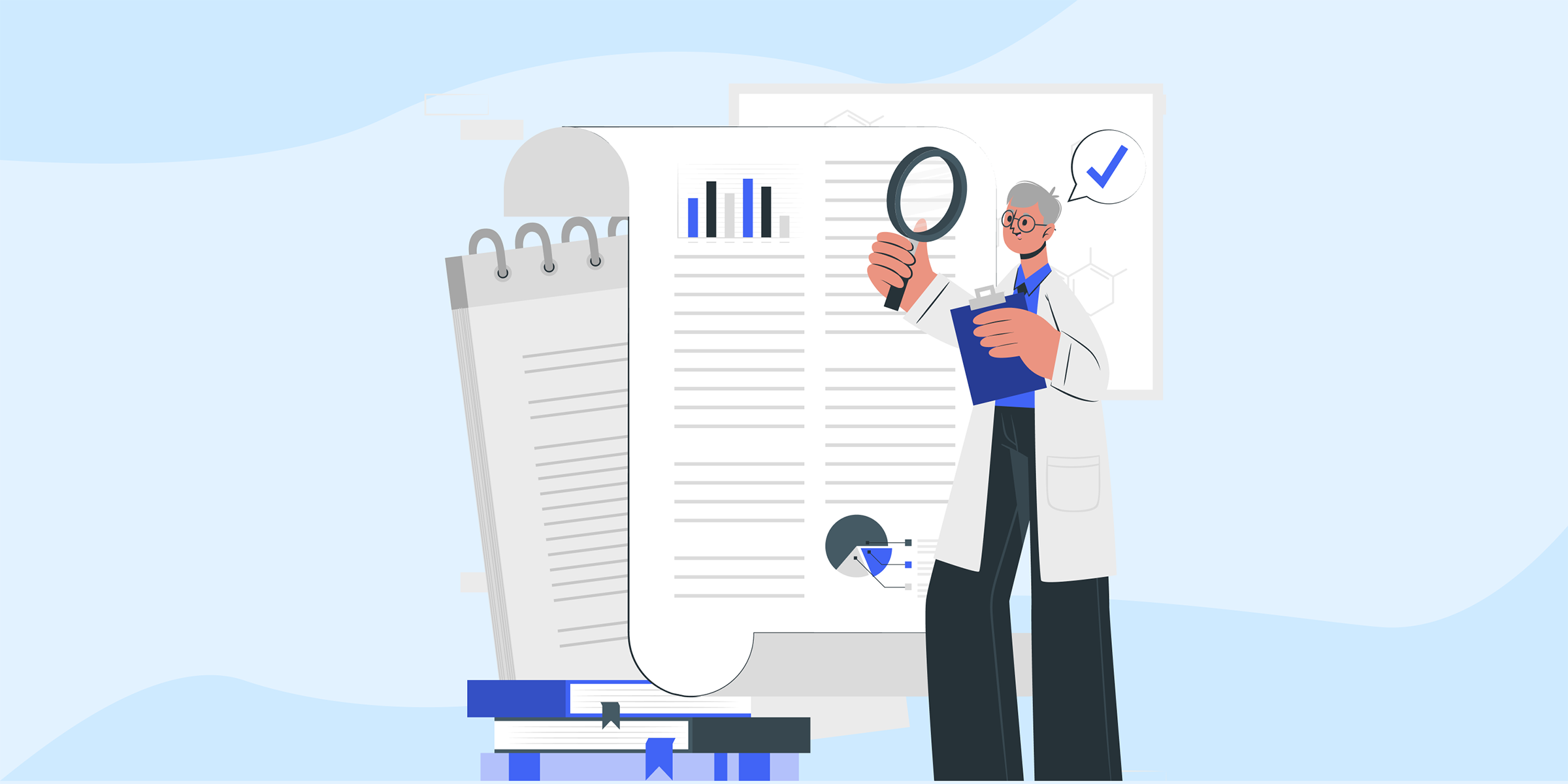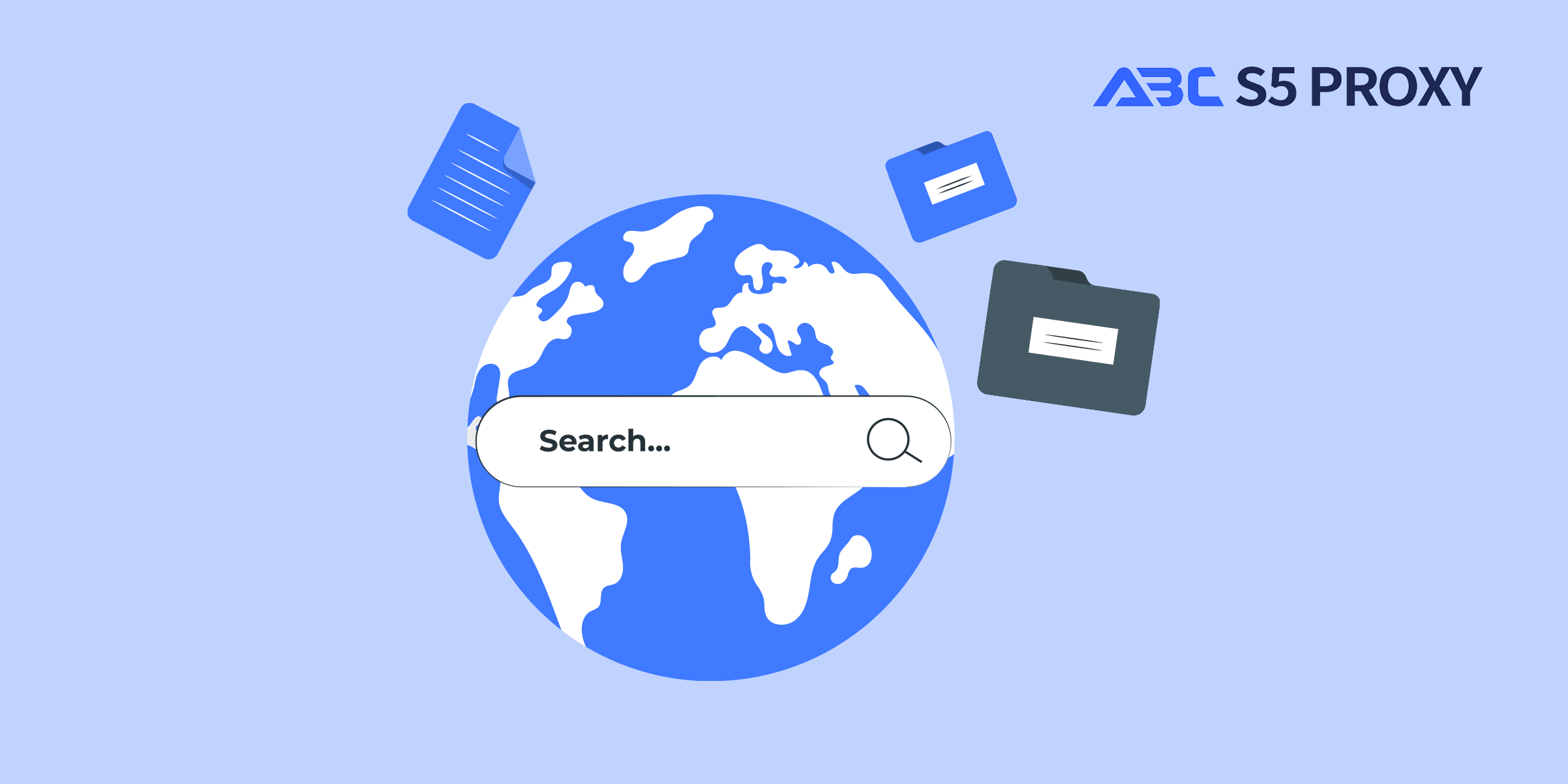Residential Proxies
Allowlisted 200M+ IPs from real ISP. Managed/obtained proxies via dashboard.

Proxies Services
Residential Proxies
Allowlisted 200M+ IPs from real ISP. Managed/obtained proxies via dashboard.
Residential (Socks5) Proxies
Over 200 million real IPs in 190+ locations,
Unlimited Residential Proxies
Unlimited use of IP and Traffic, AI Intelligent Rotating Residential Proxies
Static Residential proxies
Long-lasting dedicated proxy, non-rotating residential proxy
Dedicated Datacenter Proxies
Use stable, fast, and furious 700K+ datacenter IPs worldwide.
Mobile Proxies
Dive into a 10M+ ethically-sourced mobile lP pool with 160+ locations and 700+ ASNs.
Scrapers
Collection of public structured data from all websites
Proxies
Residential Proxies
Allowlisted 200M+ IPs from real ISP. Managed/obtained proxies via dashboard.
Starts from
$0.6/ GB
Residential (Socks5) Proxies
Over 200 million real IPs in 190+ locations,
Starts from
$0.03/ IP
Unlimited Residential Proxies
Unlimited use of IP and Traffic, AI Intelligent Rotating Residential Proxies
Starts from
$1816/ MONTH
Static Residential proxies
Long-lasting dedicated proxy, non-rotating residential proxy
Starts from
$4.5/MONTH
Dedicated Datacenter Proxies
Use stable, fast, and furious 700K+ datacenter IPs worldwide.
Starts from
$4.5/MONTH
Mobile Proxies
Allowlisted 200M+ IPs from real ISP. Managed/obtained proxies via dashboard.
Starts from
$1.2/ GB
Scrapers
Web Unblocker
Simulate real user behavior to over-come anti-bot detection
Starts from
$1.2/GB
Serp API
Get real-time search engine data With SERP API
Starts from
$0.3/1K results
Scraping Browser
Scale scraping browsers with built-inunblocking and hosting
Starts from
$2.5/GB
Documentation
All features, parameters, and integration details, backed by code samples in every coding language.
TOOLS
Resources
Addons
ABCProxy Extension for Chrome
Free Chrome proxy manager extension that works with any proxy provider.
ABCProxy Extension for Firefox
Free Firefox proxy manager extension that works with any proxy provider.
Proxy Manager
Manage all proxies using APM interface
Proxy Checker
Free online proxy checker analyzing health, type, and country.
Proxies
AI Developmen
Acquire large-scale multimodal web data for machine learning
Sales & E-commerce
Collect pricing data on every product acrossthe web to get and maintain a competitive advantage
Threat Intelligence
Get real-time data and access multiple geo-locations around the world.
Copyright Infringement Monitoring
Find and gather all the evidence to stop copyright infringements.
Social Media for Marketing
Dominate your industry space on social media with smarter campaigns, anticipate the next big trends
Travel Fare Aggregation
Get real-time data and access multiple geo-locations around the world.
By Use Case
English
繁體中文
Русский
Indonesia
Português
Español
بالعربية

Residential proxies have become increasingly popular in the digital world due to their ability to protect online privacy, access geo-blocked content, and enhance online security. However, many people still wonder about the legality of using residential proxies. In this blog post, we will delve into the question, Are Residential Proxies Legal?, providing a comprehensive overview of the legality of residential proxies and addressing common concerns surrounding their use.
Before we discuss the legality of residential proxies, let's first understand what they are. Residential proxies are IP addresses provided by Internet Service Providers (ISPs) to homeowners. These proxies allow users to route their internet traffic through residential IP addresses, making it appear as if the traffic is coming from a residential location rather than a data center.
The legality of residential proxies largely depends on how they are used. In general, using residential proxies for legitimate purposes is legal. For example, companies may use residential proxies for market research, ad verification, and web scraping as long as they comply with the target website's terms of service. However, using residential proxies for illegal activities, such as hacking, fraud, or spamming, is strictly prohibited and can have severe legal consequences.
When using residential proxies, it is crucial to comply with the terms of service of the websites you are accessing. Some websites explicitly prohibit the use of proxies or automated tools for accessing their content. Violating these terms of service can result in your IP address being banned or legal action being taken against you. Therefore, it is essential to read and understand the terms of service of each website before using residential proxies to access their content.
One of the main reasons why individuals and businesses use residential proxies is to enhance their online privacy and security. By masking their real IP addresses with residential proxies, users can protect their personal information and avoid being tracked by websites or third parties.
Residential proxies can help protect your online privacy by hiding your real IP address and location. This can prevent websites, advertisers, and cybercriminals from tracking your online activities and obtaining sensitive information about you. By routing your internet traffic through residential IP addresses, you can browse the web anonymously and maintain your privacy online.
Another benefit of using residential proxies is enhanced security. Residential proxies act as a buffer between your device and the internet, helping to protect your device from cyber threats such as malware, phishing attacks, and identity theft. By using residential proxies, you can add an extra layer of security to your online activities and reduce the risk of falling victim to cybercrimes.
In conclusion, the legality of residential proxies depends on how they are used. When used for legitimate purposes and in compliance with the terms of service of websites, residential proxies are legal and can provide benefits such as enhanced privacy and security. However, it is essential to use residential proxies responsibly and ethically to avoid legal issues and protect your online reputation. If you are considering using residential proxies, make sure to research their legality in your jurisdiction and understand the terms of service of the websites you plan to access. By exercising caution and using residential proxies wisely, you can harness their benefits while staying on the right side of the law.
Featured Posts
Popular Products
Residential Proxies
Allowlisted 200M+ IPs from real ISP. Managed/obtained proxies via dashboard.
Residential (Socks5) Proxies
Over 200 million real IPs in 190+ locations,
Unlimited Residential Proxies
Use stable, fast, and furious 700K+ datacenter IPs worldwide.
Residential (Socks5) Proxies
Long-lasting dedicated proxy, non-rotating residential proxy
Dedicated Datacenter Proxies
Use stable, fast, and furious 700K+ datacenter IPs worldwide.
Web Unblocker
View content as a real user with the help of ABC proxy's dynamic fingerprinting technology.
Related articles

ABCproxy: The Superior Alternative to IPBurger for Robust Proxy Solutions
When it comes to reliable IPBurger alternatives, ABCproxy emerges as a strong contender. Discover why ABCproxy stands out as a robust choice for your proxy needs. Explore its features and benefits to enhance your browsing experience.

Unveiling the Legality of Residential Proxies: What You Need to Know
Wondering if residential proxies are legal? Find out the legality of using residential proxies in our latest blog. Learn about the dos and don'ts.

The Ultimate Guide to Finding the Best Free Proxy List: Exploring abcproxy and More
Title: Exploring the Best Free Proxy List: ABCProxyIn today's digital age, online privacy and security have become increasingly important. One popular way to protect your identity and access restricted content is by using a proxy server. Among the numerous options available, ABCProxy stands out as one of the best free proxy lists on the market.ABCProxy offers a comprehensive list of free proxy servers that users can utilize to browse the internet anonymously and securely. These proxies are easy to set up and provide a reliable connection, making them a go-to choice for individuals seeking privacy online.What sets ABCProxy apart from other free proxy lists is its extensive selection of servers located in different countries around the world. This allows users to access geo-restricted content and bypass censorship, ensuring a seamless browsing experience.Furthermore, ABCProxy prioritizes user privacy by encrypting data transmissions and not logging any user activities. This commitment to